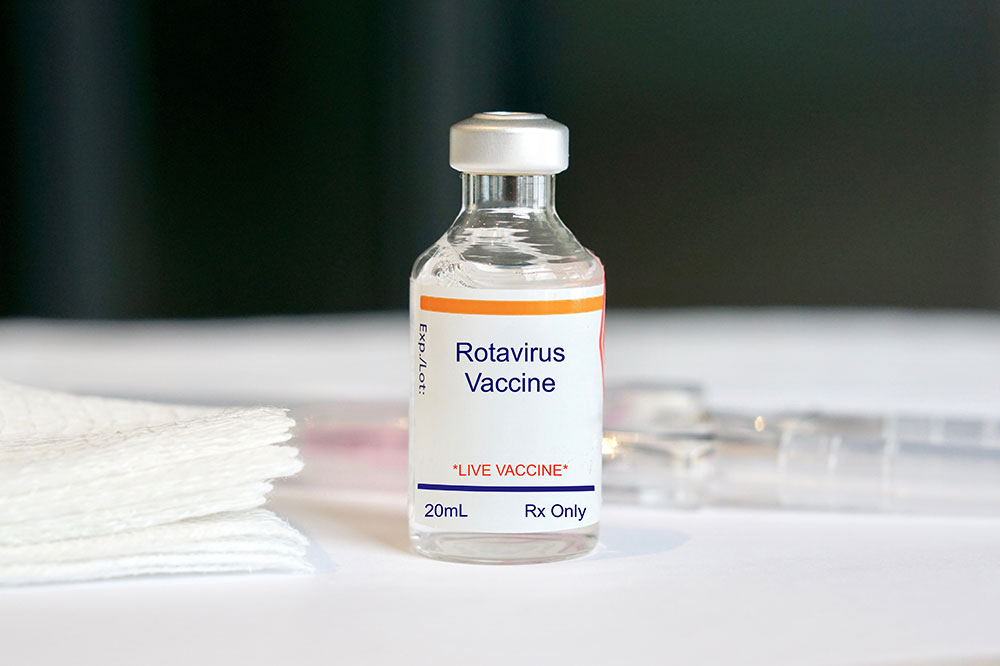Preventing Rotavirus Through Vaccination: Essential Information
This article highlights how rotavirus vaccination is crucial in preventing severe diarrhea and vomiting in children. It details the vaccination schedule, effectiveness, and potential side effects, emphasizing hygiene alongside immunization to curb rotavirus spread. Protect your child's health with timely vaccination and proper hygiene practices to reduce risks of this contagious virus.

Preventing Rotavirus Through Vaccination: Essential Information
Rotavirus causes diarrhea and vomiting in young children. Before vaccines were available, most children experienced at least one infection by age 5. Treatment mainly involves rehydration to replace lost fluids, with no specific antiviral remedies unless complications arise. Vaccination plays a vital role in preventing rotavirus infections, significantly reducing disease incidence and severity.
Rotavirus Prevention
Ranked among the leading causes of illness in children under five, rotavirus was the top cause of childhood diarrhea until vaccine development in 2006.
Being highly contagious, rotavirus primarily spreads through hand-to-mouth contact. Alongside vaccination, practicing good hygiene, handwashing, and disinfecting surfaces regularly help prevent outbreaks. Caregivers should ensure contaminated surfaces are disinfected to protect children from infection.
Rotavirus Vaccination
Two approved oral vaccines are administered at intervals of two months. The first dose is typically given at 15 weeks of age, with both doses completed before 8 months.
The vaccines include:
RotaTeq® — administered in three doses at 2, 4, and 6 months of age.
Rotarix® — given in two doses at 2 and 4 months.
Studies suggest that vaccination can prevent severe rotavirus disease in nearly 90% of cases. Possible Side Effects of the Vaccine
Like all vaccines, rotavirus vaccines may cause mild side effects, especially in young children with developing immunity. Common reactions include:
Mild fever, diarrhea, or vomiting
Increased fussiness or irritability
Rarely, intussusception, which might require medical attention
If symptoms persist or worsen, seeking prompt medical care is recommended.
Note:
This information is for educational purposes only and does not replace professional medical advice. Always consult qualified healthcare providers for diagnosis or treatment of health conditions.









